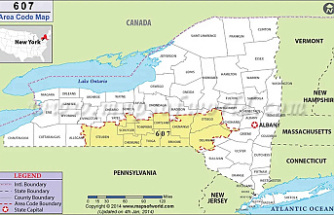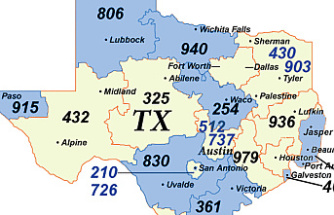MONTREAL—Almost a year after the New Democrats made history of a kind by showing Thomas Mulcair the door the party has finally corralled enough candidates to hold a proper leadership debate next month.
The entries of MPs Peter Julian, Charlie Angus and Guy Caron in the race should put to rest, once and for all, the notion that it is possible or even desirable for the party to reverse last spring’s non-confidence vote in Mulcair’s leadership. That ship sailed or — in this case — sank at the Edmonton convention last April.
More candidates may materialize between now and the March 12 debate but the final list is not expected to run to more than half-a-dozen names.
Presumably that should pave the way for more instructive debates than those the Conservatives have been having. On Monday, reality TV personality Kevin O’Leary used the party’s decision to stick to its cumbersome 14-candidate debate format to bail out of an exercise that was expected to test, among other things, his French-language skills.
But notwithstanding an overabundance of nuisance candidates, the quest for a successor for Stephen Harper has elicited some sharp policy differences between the aspirants. It is far from certain that the NDP campaign will feature visions as conflicting as those on offer on the CPC line-up.
That may depend on whether any of the candidates is willing to defend a pipeline-friendly position.
By far the most divisive issue on the NDP radar is whether it should promote a moratorium on expanding Canada’s capacity to get more Western Canada oil to tidewater — with an eye to phasing out of the oil sands sooner rather than later.
That is the prevailing view among New Democrats in British Columbia, Quebec and Ontario as well as within many First Nations communities but it amounts to political kryptonite for the NDP in the Prairies and in particular for its government in Alberta.
In Atlantic Canada, some see the Energy East pipeline as a lifeline for the economically challenged region. A number of trade unions are on side with the notion of expanding Canada’s pipeline networks. The country’s environmental lobby is not.
The NDP elects its leader through the universal suffrage of its membership. In contrast with the Conservatives, it does not weigh the vote by riding.
At first glance, winning the leadership on a moderately pro-pipeline platform could be as hard as selling the federal Conservative base on a carbon tax.
It would also amount to adopting a middle-of-the-road position not terribly dissimilar from that of Justin Trudeau’s government. The NDP is still smarting from having been overtaken on the left by the Liberals in the last election. Most of its members may not have any appetite for a repeat of the experience.
Since his dismissal, Mulcair has been assiduous in the House of Commons. He has continued to lead the party efficiently in question period. But he has also relinquished many of the extra-parliamentary duties that are part of the permanent leader’s job. To all intents and purposes, the federal NDP has fallen off the radar.
That drop in profile was evident when I travelled to B.C. last week. The federal leadership was not a top-of-mind issue even for people otherwise active in politics and otherwise sympathetic to the NDP.
But there are bright spots in an otherwise drab picture.
The torpedoing by the prime minister of his electoral reform promise; the approval of contentious energy projects that don’t readily jibe with an ambitious climate change agenda; the sense of some First Nations chiefs that Trudeau is not walking the talk of his promises to aboriginal Canadians are, to various degrees, inspiring buyer’s remorse among lapsed New Democrat supporters.
A post-election study of voter behaviour — done back when Alexa McDonough was at the helm of the NDP — revealed that its supporters were typically the most inclined to put policies ahead of leadership at election time.
That was probably less true of the Quebecers who were behind the 2011 orange wave. Jack Layton was the main attraction for most of them. But the pattern did reassert itself in 2015.
Mulcair’s failure was more policy than performance-driven. A platform designed to offend as few centrist voters as possible made it easier for NDP sympathizers to move over to the Liberals.
At this juncture the New Democrats have less need of a rock star leader than a principled approach to policy. For the record, that is equally true of the Conservatives.
Chantal Hébert is a national affairs writer. Her column appears Tuesday, Thursday and Saturday.
Chantal Hébert is a national affairs writer. Her column appears Tuesday, Thursday and Saturday.
The Toronto Star and thestar.com, each property of Toronto Star Newspapers Limited, One Yonge Street, 4th Floor, Toronto, ON, M5E 1E6. You can unsubscribe at any time. Please contact us or see our privacy policy for more information.
Our editors found this article on this site using Google and regenerated it for our readers.












